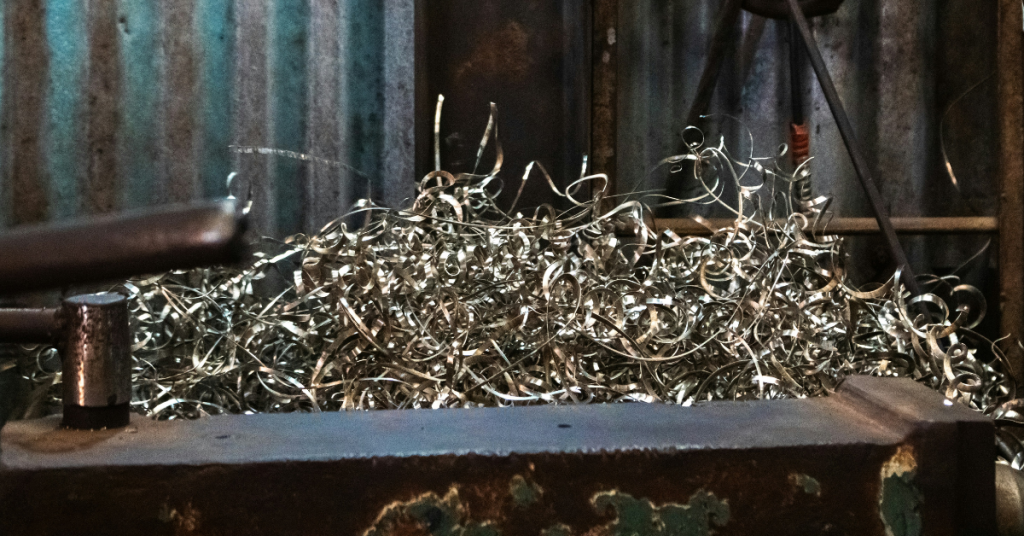Major investment by UK recycler fills a gap in aerosol recycling market
Grundon Waste Management has announced that it is set to revolutionize the UK’s aerosol recycling market, this Spring after a major investment in a state-of-the-art recycling facility.
The Thames Valley-based waste and recycling specialist has invested a “significant” sum in a new Hazpak 6000, an advanced, closed loop aerosol can recycling system. The Hazpak 6000 is capable of processing around 9,000 aerosols an hour – more than ten times the capacity of the smaller Hazpak unit Grundon had been using previously -- and will be installed at the company's Hazardous Waste Transfer Station at Ewelme in Oxfordshire. The new Hazpak 6000, one of only two plants in the UK to offer Best Available Technology (BAT) for the disposal of waste aerosols, was developed and manufactured in Canada by the Eko Environmental division of Maclean Engineering.
Jonathan Harris, Grundon’s Technical General Manager, said: “The Hazpak has huge potential to transform the way the public, commerce and industry handles the disposal of aerosol cans.
“Today’s focus has to be on moving materials up the waste hierarchy, away from disposal towards more recycling. This equipment has the power to make that goal one step closer.
“We believe the sheer volume of aerosols the unit is capable of handling will drive more sophisticated return and recycling schemes by major manufacturers, retailers and local authorities.
“At the same time, we will be able to offer manufacturers and industrial customers a much more cost effective, safer and more environmentally-friendly approach for aerosol disposal.”
The Grundon team, which already has a smaller Hazpak unit in place at Ewelme, was closely involved in the design project, ensuring the system meets stringent UK and European legislation and regulations. Due to begin operations in March and expected to be fully operational by the end of April, the closed loop system operated by the Hazpak 6000 means every single component is recycled or reprocessed in a totally safe oxygen free environment, with zero emissions released into the atmosphere.
The metal from the cans will be sent for recycling; while liquids (such as hairspray, paint or deodorant) will be separated for recovery or recycling; and the propellants (such as butane or LPG) are collected and used by Grundon to fuel in-house operations and/or generate electricity.
Compared to Grundon's older Hazpak, which processes around 4 cubic metres (6,000 aerosols) a day, the new operation will be able to handle 6 cubic metres an hour – approximately 72,000 aerosols a day on an average eight hour shift.
The most recent Environment Agency guidelines on the storage and treatment of waste aerosols demand that companies meet much higher environmental standards by using BAT to capture the three main elements of aerosols.
When changes to existing processes are made, the Environment Agency will enforce the requirement for BAT and Harris says it makes sense now for customers to stay one step ahead of the game and opt for already-approved facilities.
“This system sets new standards within the industry,” continued Harris. “Our investment in BAT gives us significant advantages over other disposal aerosol methods such as shredding, which can be a potential fire and environmental hazard if vapours escape during the process.
“By ensuring all the compacting takes place within an inert atmosphere, we remove the possibility of a similar hazard and ensure that no harmful gases or vapours are released. We believe this is the way the whole industry should be moving, because it is not only safer for employees and those who live close to recycling operations, but it is also much more environmentally friendly.”
In addition to handling aerosols, the Hazpak 6000 will be capable of processing paint tins, oil filters, varnishes, inks and small gas cylinders.



